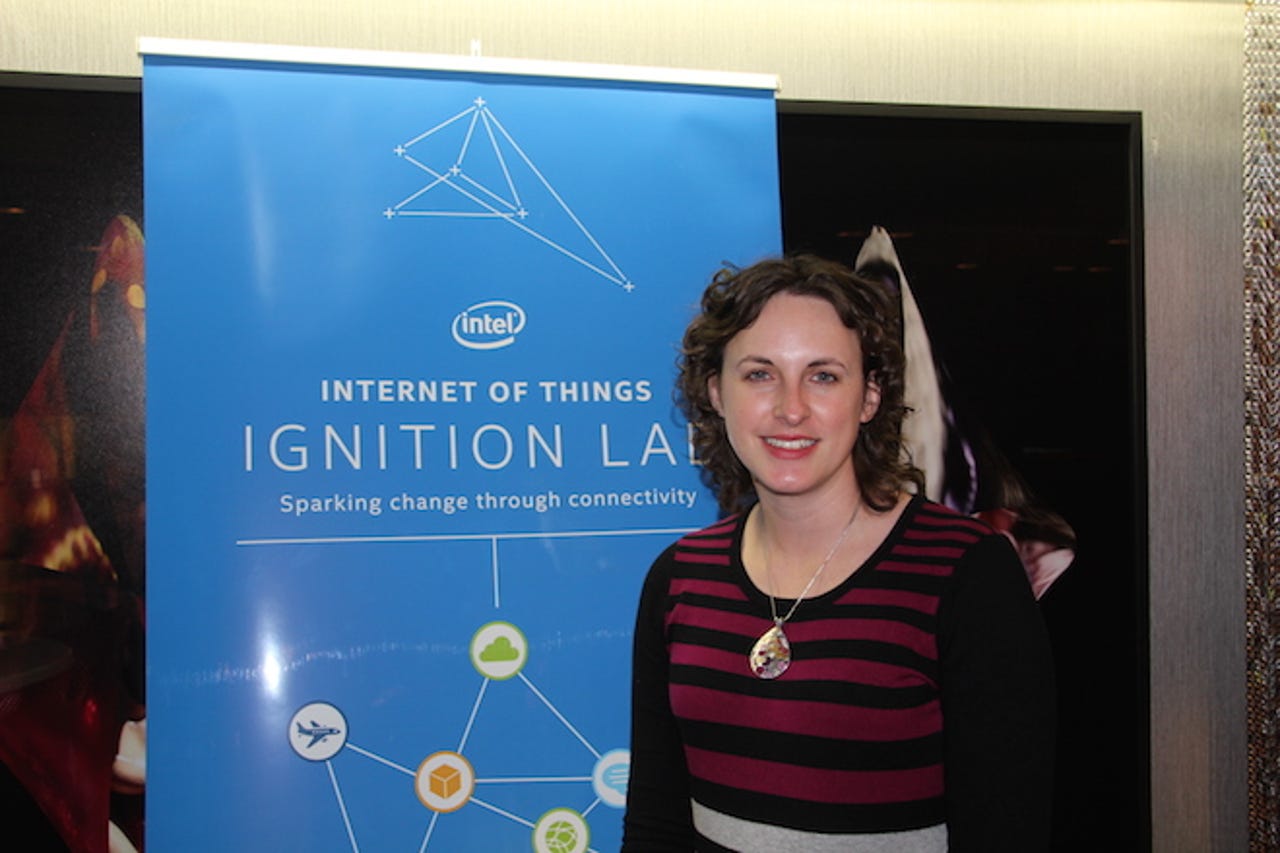'Not just flavour of the month': Intel expands Internet of Things push with opening of Haifa lab


"The predictions of 50 billion connected devices by the end of the decade are not unrealistic at all," she said on the sidelines of an Intel IoT event in Israel.
The occasion was the opening of a new IoT lab in Haifa, part of Intel's growing chain of such labs throughout the world. "Currently we have labs in Munich, Stockholm, Istanbul, and Swindon UK. Haifa is our fifth, and we expect to expand to the Americas and Asia over the next year or so," said Summerton.
For such a short acronym, IoT is a huge topic - technically, any object can be networked, which makes IoT potentially the biggest IT play since MS-DOS. The new Israel lab, like the others in the network, will do their own development, and partner with local startups to help build IoT products.
Although all Intel IoT Labs will develop products and technologies that apply to many verticals, the company expects each lab to develop in areas where the local tech ecosystem is strongest (in Munich, for example, the emphasis is on in-car technologies).
In Israel, that means smart cities and homes, agriculture, and transportation, said Summerton. Already, there are many smart city projects in Israel. Last November, for example, Tel Aviv was declared the "world's smartest city," beating out 249 other contestants at the Smart City Expo World Congress in Barcelona. Besides free city-wide wi-fi connections, the city has established an open digital data platform that allows residents to conduct virtually all city business online, saving them time, and saving the city money.
Smart agriculture is another area of expertise for Israel, and represents a huge market for tech companies. Although it doesn't usually get headlines, many of the world's top tech firms - Intel, Microsoft, IBM, Cisco, and others - have worked extensively with startups, agricultural groups, and government in Israel to establish big data and smart agriculture products for watering crops, feeding cows, and growing chickens.
One example of such a product AKOL (Agricultural Knowledge Online), an Israeli startup that uses sensors placed on trees, vines, and fields, or attached to cows, milking systems, feed bins, and any other appropriate host, where data is recorded about the environment, temperature, humidity, how much animals are eating, their activity, soil conditions for plants, the level of pests in an area, and many more data points.
That data is then analyzed and compared to guidelines for ideal production under the circumstances, with specific instructions sent back to farmers; for example, the system might instruct dairy farmers to increase the amount of liquids they give their cows on a very hot day in order to ensure that cows give out as much milk as possible, or to provide them with a specific mix of feed in order to make them less attractive to pests or bacteria that may be in the environment. The software as a service system is cloud-based, using Microsoft Azure.
Intel, too, is doing similar things, both with sensor and network-equipped devices and big data. While other companies may have been getting the IoT headlines recently, Intel needs to learn how to tell its story better, said Summerton. "We know we can do a better job of promoting and publicizing our solutions, and the labs are a good place for that."
As they become an established part of the local tech ecosystem, the labs should become the go-to place for IoT startups, who can bring new ideas that Intel can help commercialise, she added.
"We have a lot going for us, perhaps more than others," said Summerton. "We established the Open Network Platform," a server reference architecture that brings together hardware and open software, the "secret sauce" of IoT. "We've tried to be a connectivity conduit with common building blocks for partners to work with us, and I am sure that we will do that with IoT as well."
Read more on Internet of Things